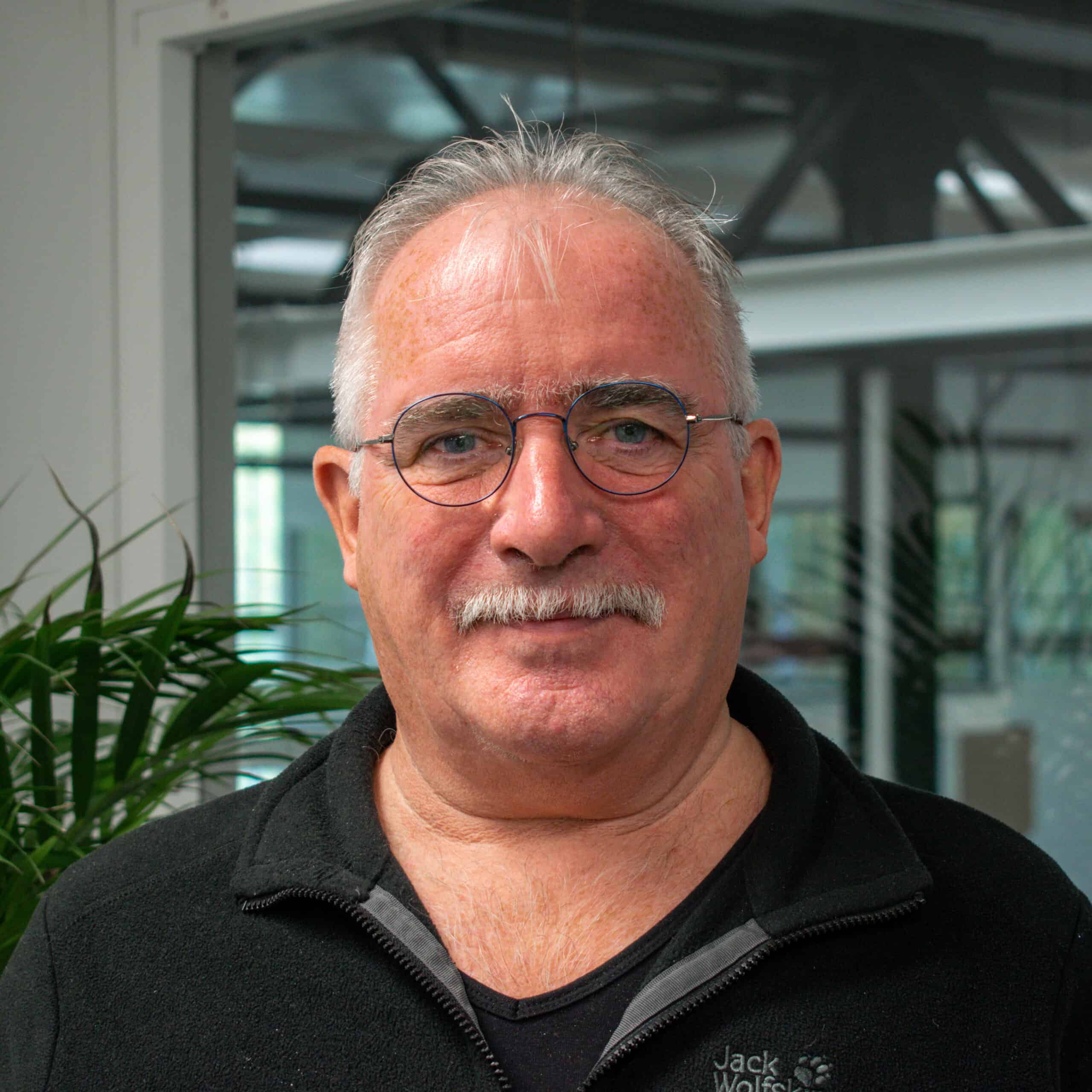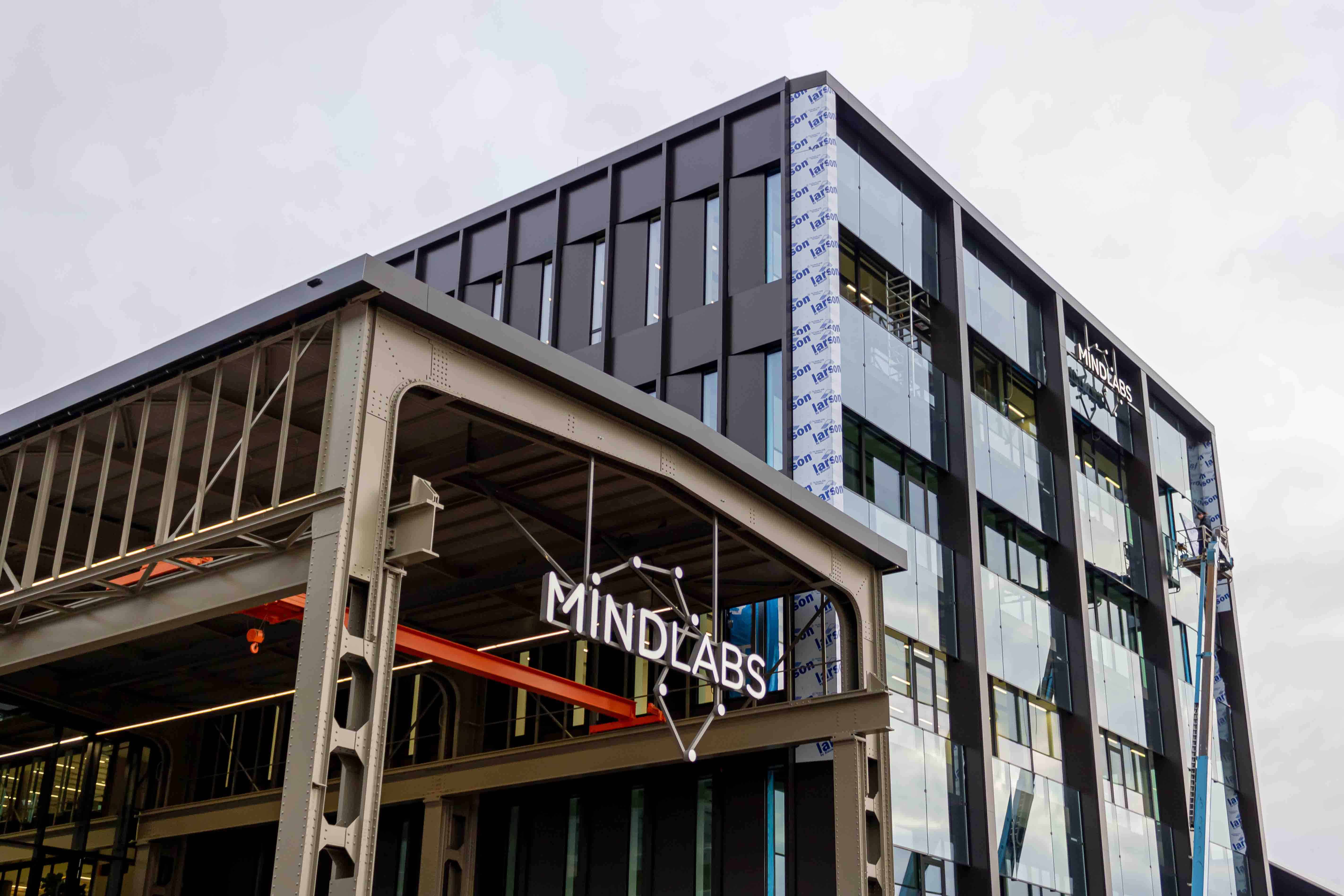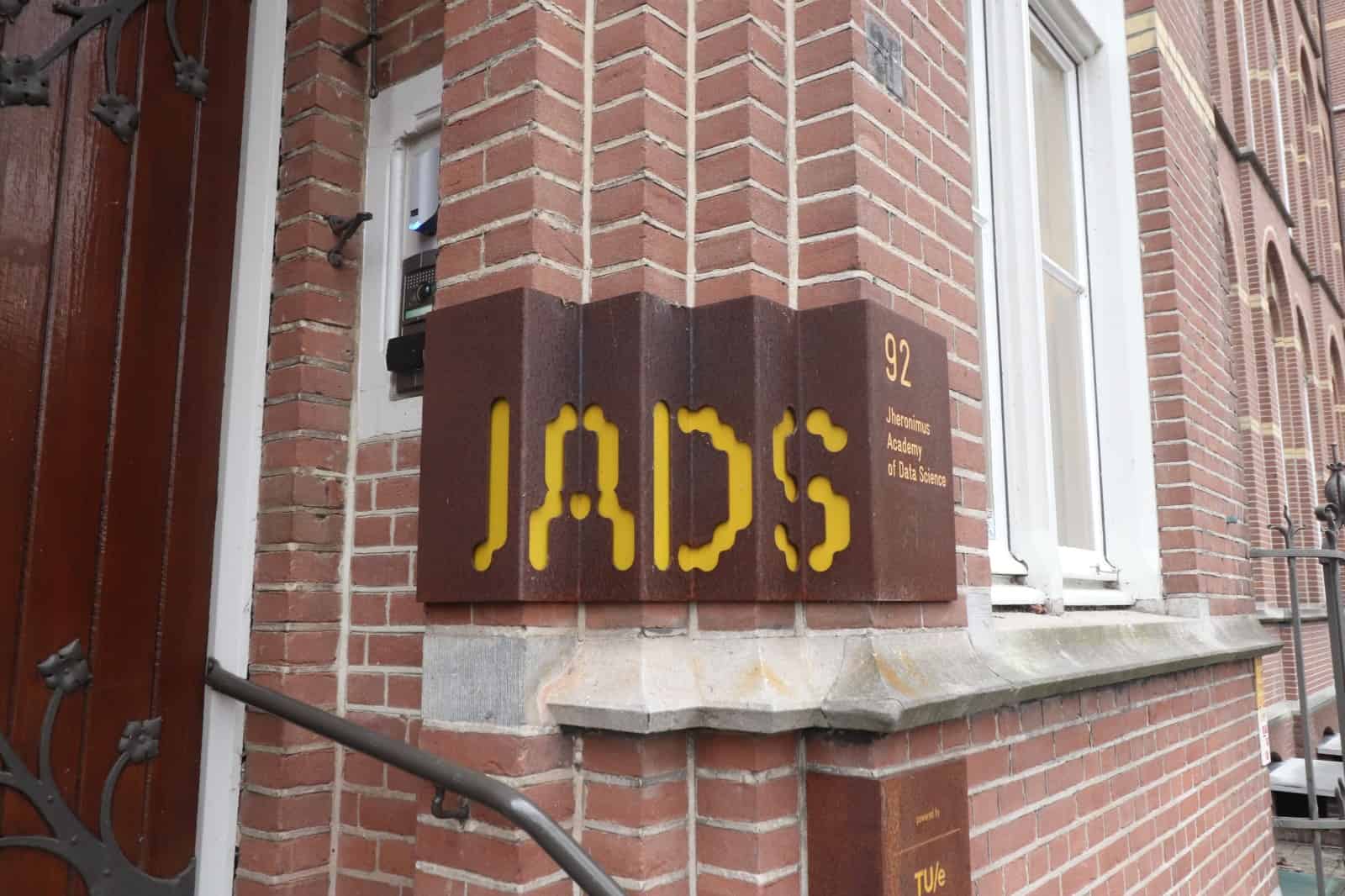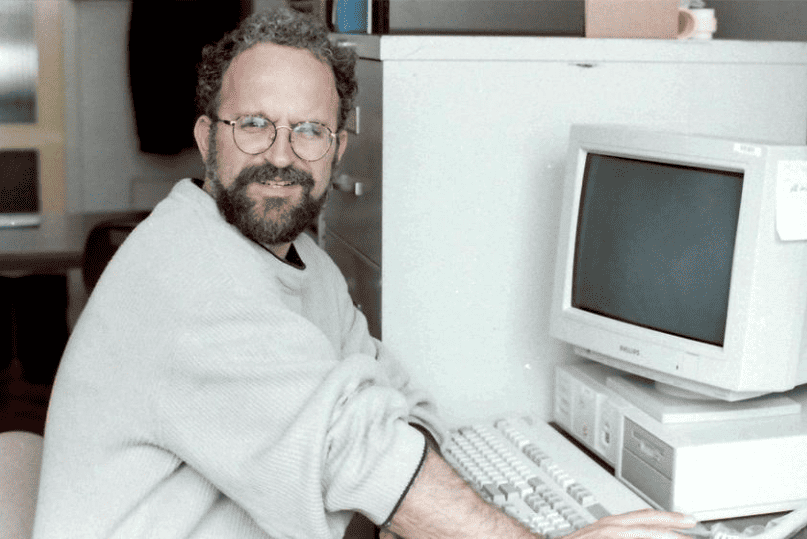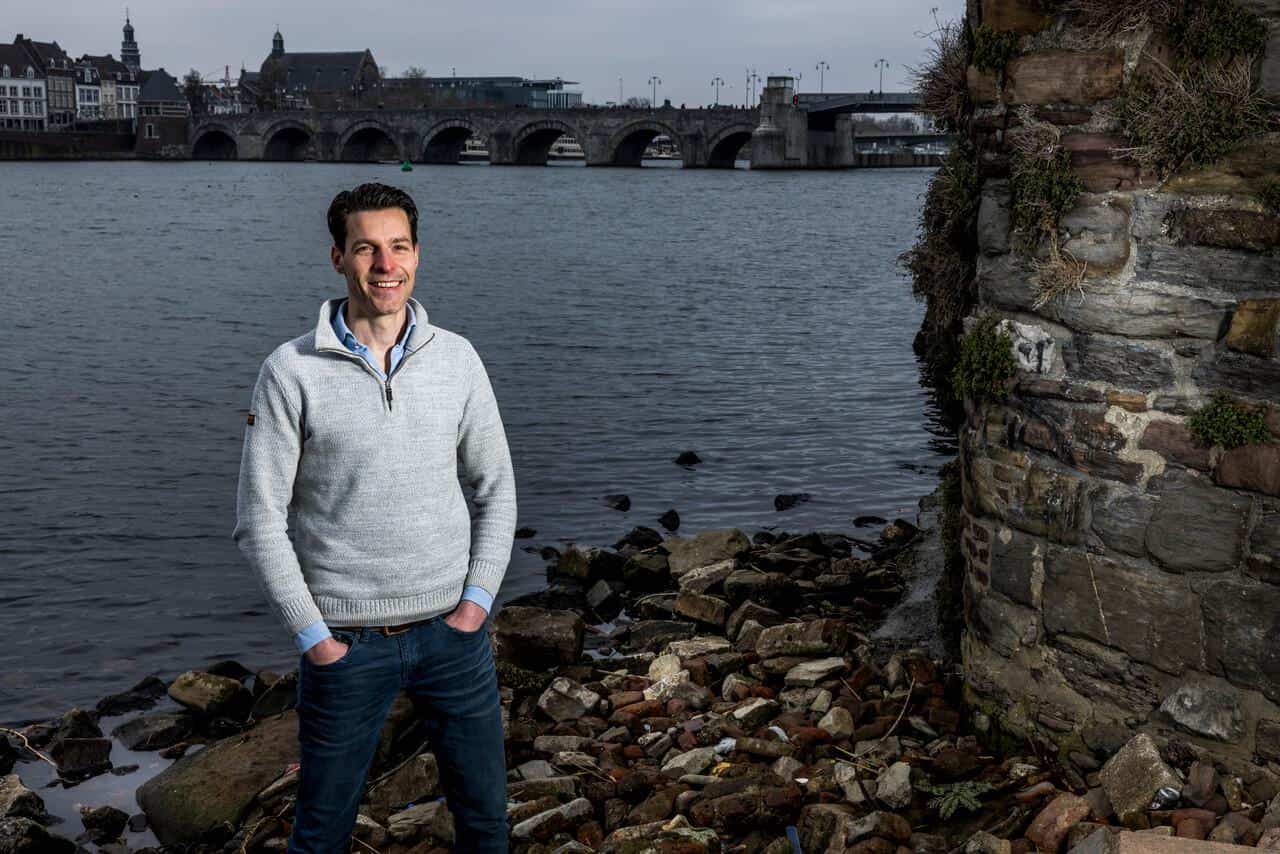
Exercise is healthy, of course. But it can lead to all kinds of physical complaints. Such as a torn tendon, inflammation of a tendon, problems with joint cartilage, and other injuries. People who are aging also have to deal with these kinds of problems more and more often. Together with European research partners, researchers from the Eindhoven University of Technology (TU/e) have received a grant of €5.9 million for the development of customized bio-implants for damaged tendons or cartilage. The TU/e is conducting this research within a consortium of 12 European partners, called TRIANKLE.
Inflammation of the tendons and osteoarthritis are especially common among elderly people, women, and professional athletes. Both diseases do not just have a major impact on the quality of life. They also burden healthcare systems all over the world. For instance, osteoarthritis costs €76.5 billion euros each year. Expenditure on tendonitis is estimated at more than €140 billion.
FC Barcelona
Yet for both ailments, there are no effective surgical and non-surgical treatments available. Often tissues that have been treated do not recover their original strength and functionality, so patients continue to suffer from them over the longer term. This is also a serious problem in top-level sports. That is why the top Spanish football club FC Barcelona is participating in the research. Football is a sport where tendon problems are particularly prevalent.

Bioreactors
The new research consortium TRIANKLE aims to use 3D technology to create innovative and customized implants on the basis of collagen and gelatin. In doing this, the researchers intend to reduce recovery times by 50 % and at the same time boost the functionality ratios of damaged tissue by 10 to 15 %.
TU/e researcher Jasper Foolen from the research group Orthopaedic Biomechanics in Biomedical Technology is also taking part in the project. He is planning to test the potential replacement biomaterials using special bioreactors. “A bioreactor is a device that mimics the environment of the tissue inside our bodies. This allows us to see whether the printable tissue reacts in the same way as it does in human bodies.”
“In order to check whether the various materials are suitable and have enough resilience, we first carry out a number of standardized mechanical tests. Then we select the most promising load-bearing structures on the basis of extensive mechanobiological analysis,” Foolen explains.
Implants made from collagen and gelatin
“So far, no one has succeeded in recreating a tendon in exactly the same way as it is inside the body,” Foolen comments today in an interview with the Dutch local newspaper Eindhovens Dagblad. “Recreating cartilage is even more complex.”
The consortium wants to use collagen and gelatine as raw materials for freshly-made tendons and new cartilage. “These are the body’s own proteins. It’s adaptive tissue,” Foolen points out. “It is alive. It is capable of repairing itself.”
‘Partners with a proven track record’
The strength of the consortium, according to Foolen, lies in the combination of the participating parties. They are not limited to partners with a proven track record in the field of biomaterials used in regenerative applications and 3D bioprinting technology. But there are also parties that are very committed to social engagement and disseminating the results to healthcare professionals and potential patients.
The research project has a combined budget of €5.9 million and runs from January 2021 to 2025. Funding is provided by Horizon 2020, the largest research and innovation program in the EU. Horizon has a total of almost €80 billion available for innovative research.
Also interesting: Dutch province of Brabant is leading the way in the Med Tech and e-Health field

